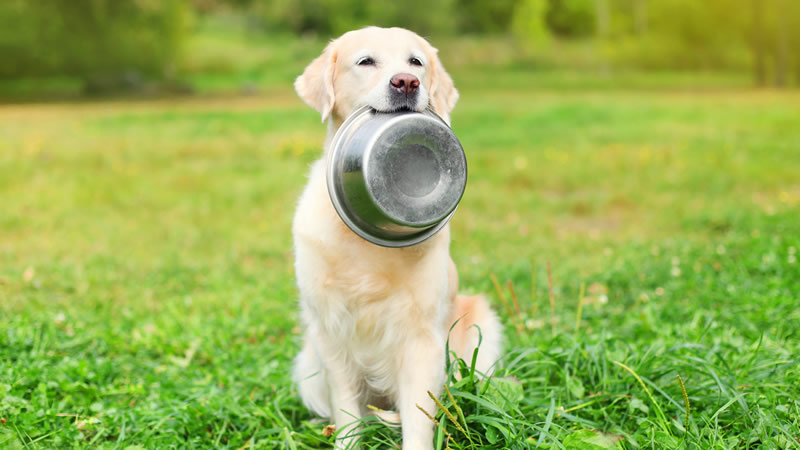For all animal-obsessed pet parents, nothing’s more important than the health and well-being of our furry children. We bring them to the vet for checkups, we drag them up to huge hills for exercise and we comb them, kiss them, and cuddle them. Do you know what’s hidden in the processed pet foods available in the market? Have you heard any of the horror stories circulating about pet food in recent years? Pet food recalls are constant due to contamination problems, including salmonella. But if you dig a little deeper, you’ll find salmonella to be the least of your worries. To give you a better idea on the real score when it comes to processed pet foods, read below.
1-Less is more

When it comes to pet food ingredients, less is more. If you just look at the front of the bag, most brands will advertise the food as a mix of some meat or meats, vegetables, and/or fruit. They are allowed to advertise that, as long as the food contains these things. The ingredient lists will tell you what you really need to know. If it’s a long list of things you can’t pronounce and seems to have every ingredient under the sun packed in there, it’s probably not the best for your pet. While companies have pretty free reign over what they advertise in big letters, they are required to give you the real facts about pet food as well and list all ingredients—including the preservatives, dyes, chemical flavouring, and other potentially harmful and completely unnecessary substances.
2-Hygiene matters.

Your dog probably won’t care, and your cat may or may not, but you should certainly care about the cleanliness of your pets’ dishes. A dirty food bowl, refilled over and over again on top of leftover, slimed-up crumbs or residue from wet food, can be a major hazard to your pet’s health. Clean your pets’ food bowls regularly to keep bacteria from growing and contaminating their food. Your pet is going to eat it regardless, so it is your responsibility to protect them from the discomfort of vomiting and diarrhoea, and dangers of dehydration and other symptoms of bacterial infections. This isn’t just for wet food: It might seem like those dry bits of kibble aren’t going to grow bacteria, but many of the tiny leftover bits
3-fall out of your pets’ mouth as they eat.
Commercial pet food is the ultimate balanced diet for pets. A balanced diet should be able to nourish your body to a state of health. So if the commercial pet food is supposedly balanced, why are there so many problems with obesity, allergies, cancer and renal failure among pets? A Belgium study, “Relation Between the Domestic Dogs’ Well Being and Life Expectancy, a statistical essay,” analyzed data gathered from more than 500 domestic dogs over a consecutive five year time period (1998-2002). The authors statistically demonstrated that dogs fed a homemade diet using high-quality foods from their owners’ meals versus dogs fed an industrial, commercial pet food diet had a life expectancy of 32 months longer.
4-Protein extenders
Lean meat is the best source of protein for your pets. However, to save on costs, manufacturers sneak in some other protein sources in their products. Blood meal for one is not considered a great protein source because it is indigestible for cats and dogs. What is blood meal? This is blood that was dried and then powdered, ideally better fit for plant consumption. Why is this considered a risky ingredient? Blood meals have the potential to carry mad cow disease. Although there are no reports of dogs contracting this illness (cats have their own version of the disease), there is the potential for it to mutate and affect dogs.
5- Pets aren’t people.

One of the most obvious facts about pet food should be that although you may want to feed your pets human-quality foods, that doesn’t mean you should be feeding them as if they’re human. Profound through our relationship with our furry friends can be, we can’t treat them like a human child. A nice plate of green beans and mashed potatoes might be a great dinner for people, but pet nutrition requires a very different breakdown of nutrients and a certain amount of consistency. You can certainly feed them healthy human foods and the occasional treat from the table, but their main source of sustenance should be a steady diet of natural, protein-based pet food that won’t pose any health risks for them. This is especially important for certain breeds that are more disposed to issues like kidney stones or gall bladder problems, as an improper diet can cause or exacerbate these issues. Trust us, there are several foods you shouldn’t feed your dogs or cats, so save them from discomfort by avoiding certain people food at all costs.





